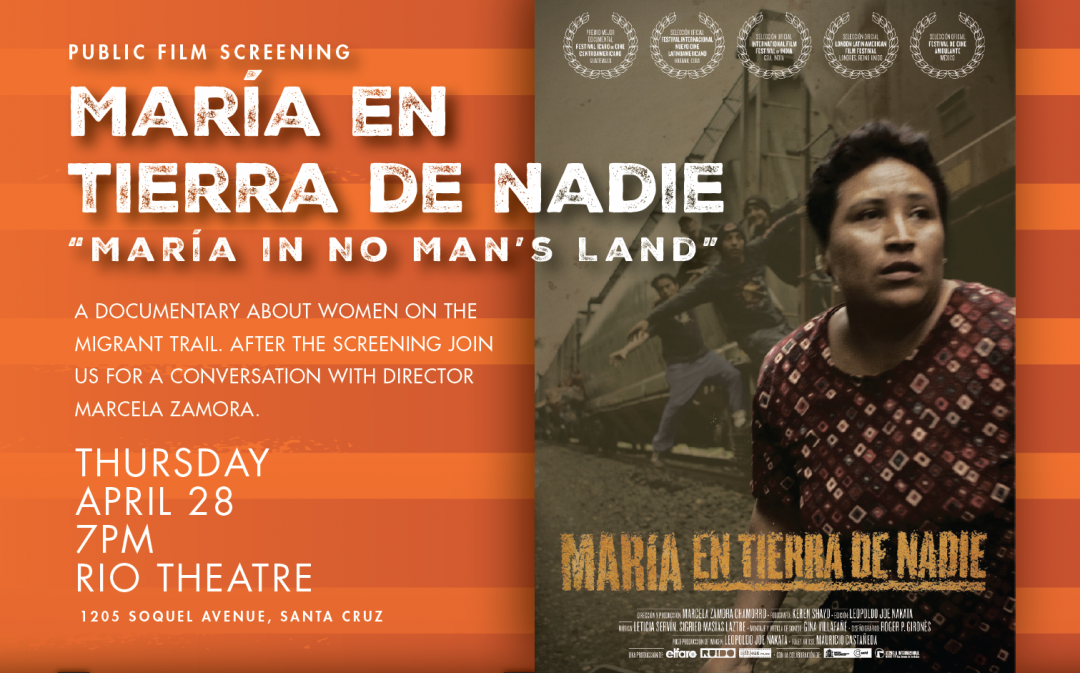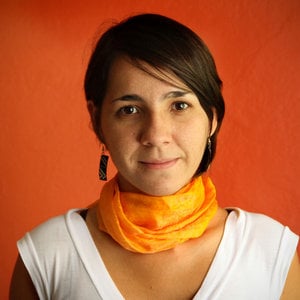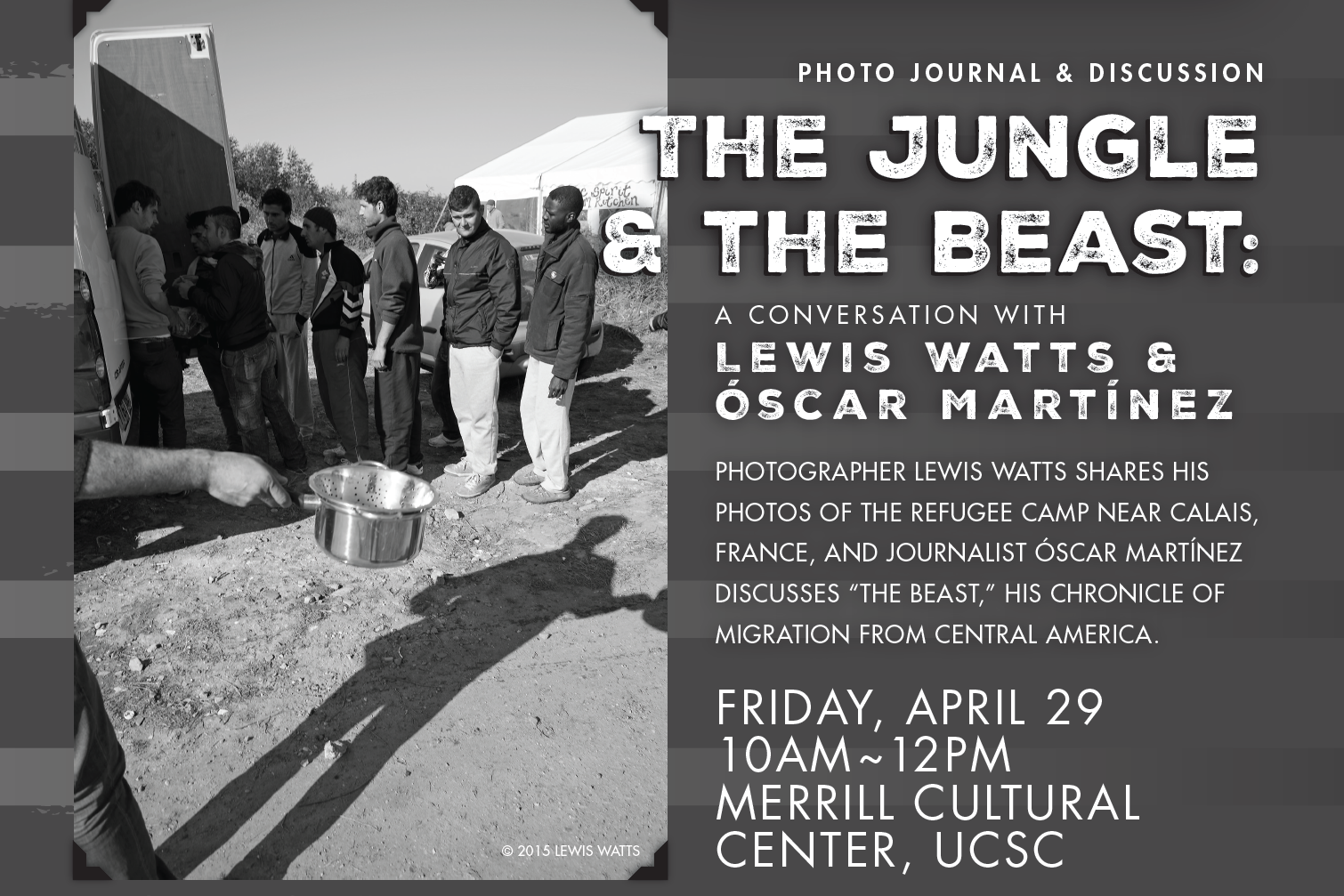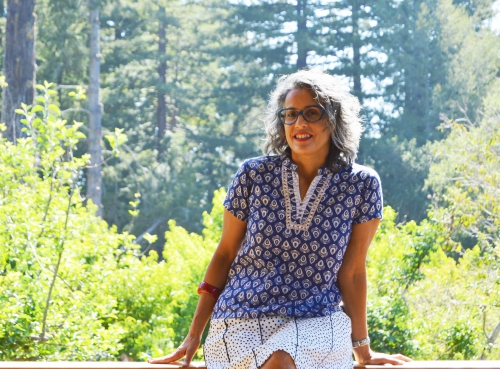The Chicano Latino Research Center (CLRC) and the Latin American and Latino Studies (LALS) Department welcome the campus and community to a free, public screening of Marcela Zamora's powerful 2010 documentary about Salvadoran women migrants and their journeys north. This free, public event, part of Alumni Weekend and a series on migration taking place in the spring of 2016, helps kick off the LALS Department's fifteenth anniversary celebration.
UCSC’s Chicano Latino Research Center and Latin American and Latino Studies Department present a free, public screening of María en tierra de nadie / María in No Man’s Land (2010, Mexico, El Salvador, Guatemala), a documentary about women migrants and their dangerous journey from Central America to Mexico and the United States, on Thursday, April 28, 2016, at 7:00pm at the Rio Theatre (1205 Soquel Ave, Santa Cruz). Professors John J. Leaños (Film and Digital Media) and Cecilia Rivas (Latin American and Latino Studies) will moderate a Q&A with the director, Marcela Zamora, immediately following the screening. In addition to fostering a conversation about migration and mobility, this event will kick off the Latin American and Latino Studies Department’s quinceañera (15th anniversary).
Please note that María en tierra de nadie grapples with the violence of migration and violence against women and may not be appropriate for children.
This event is free and public, but attendees are asked to register here.
Marcela Zamora is a documentary filmmaker and journalist. She has made 14 films about gender and human rights, including María en tierra de nadie and El cuarto de los huesos / The Room of Bones (2015), a documentary about the quest to unearth and identify the disappeared in El Salvador. She studied journalism in Costa Rica and documentary filmmaking in Cuba and has worked for Al Jazeera, TeleSUR, and Elfaro.net, Latin America's first online newspaper.
This free, public event is part of Borders and Belonging: A Series of Events on Human Migration and enjoys the support of the UC Santa Cruz Foundation, Chicano Latino Research Center, University Relations, and Department of Latin American and Latino Studies.




